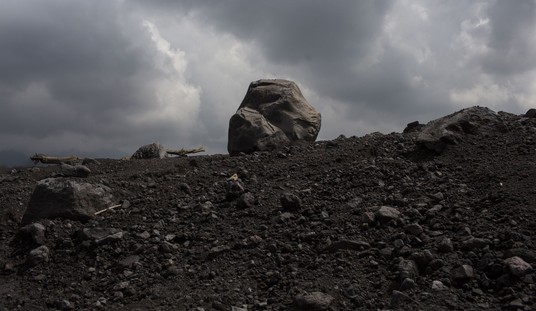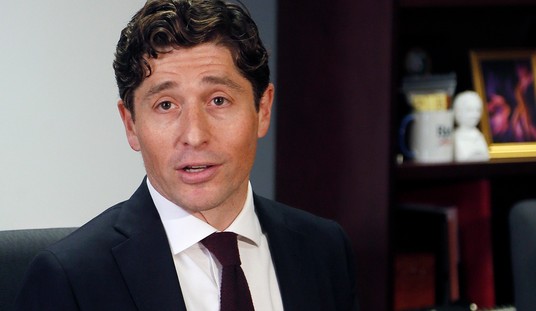No matter which candidate won the election, the detention center at Guantanamo Bay for captured terrorists would have closed. Both Barack Obama and John McCain had pledged to shut down the controversial center, which received a deluge of criticism ever since it opened. However, now that Obama has won the election, he faces the question that Gitmo’s critics have left unanswered. How does America prosecute the detainees while maintaining a viable intelligence service?
President-elect Obama’s advisers are quietly crafting a proposal to ship dozens, if not hundreds, of imprisoned terrorism suspects to the United States to face criminal trials, a plan that would make good on his promise to close the Guantanamo Bay prison but could require creation of a controversial new system of justice. …
Under plans being put together in Obama’s camp, some detainees would be released and many others would be prosecuted in U.S. criminal courts.
A third group of detainees — the ones whose cases are most entangled in highly classified information — might have to go before a new court designed especially to handle sensitive national security cases, according to advisers and Democrats involved in the talks. Advisers participating directly in the planning spoke on condition of anonymity because the plans aren’t final.
The move would be a sharp deviation from the Bush administration, which established military tribunals to prosecute detainees at the Navy base in Cuba and strongly opposes bringing prisoners to the United States. Obama’s Republican challenger, John McCain, had also pledged to close Guantanamo. But McCain opposed criminal trials, saying the Bush administration’s tribunals should continue on U.S. soil.
This is the conundrum that Congress twice addressed. They established the military tribunal system during the second Bush term, and the Supreme Court rejected it. After Democrats won control of Congress, they created another military tribunal system in strained cooperation with the Bush administration, only to have the Supreme Court reject it again. Instead, the Court placed the federal judiciary in charge of terrorists captured in war zones for the first time in American history, regardless of where the military housed them.
Given that track record, the notion that Congress and the President could create another civil court system to handle the cases seems absurd. Will the Supreme Court that rejected military tribunals twice allow the creation of a separate-but-somehow-equal civil court system for detainees? That practically begs the question of where to draw the line for its usage. Should all foreigners tried for crimes involving national security get processed through such a system, even if arrested in the US? What’s the difference? And if so, haven’t we then established a second-class justice system for all non-citizens, and not restricted to those terrorists captured in the field of battle?
Besides, the point of military tribunals was to establish a system that protected American intelligence in the war on terror. The Supreme Court rejected those restrictions in the military tribunal system. They’re not likely to sign off on a civil system that adopts the same restrictions.
Even without the obvious security issues of bringing terrorists onto American soil, these questions will continue to haunt the processing of these terrorists. The Supreme Court left the US in the position of either blowing the cover of intel resources by forcing the government to provide constitutional protections to enemies of the US at war with our nation, or releasing them to plan more attacks. Either Obama or McCain would have to deal with that ridiculous position, and so far, Obama seems to be pursuing the same basic strategy that the Court rejected twice.








Join the conversation as a VIP Member